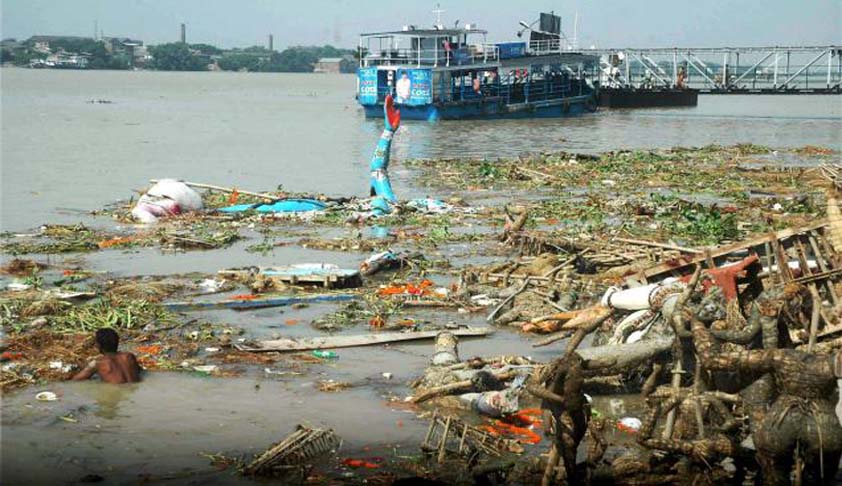Water Pollution: SC Orders Closure Of Industrial Units Without Effluent Treatment Plants
LIVELAW NEWS NETWORK
22 Feb 2017 4:47 PM IST

Next Story
22 Feb 2017 4:47 PM IST
In a major step to bring down pollution of water bodies including major rivers, the Supreme Court today directed state pollution control boards not to allow industrial units to operate if they do not have effluent treatment plants.The governments have been permitted to shut those units after giving them proper notice.Significantly the pollution control boards have also been asked to direct...
